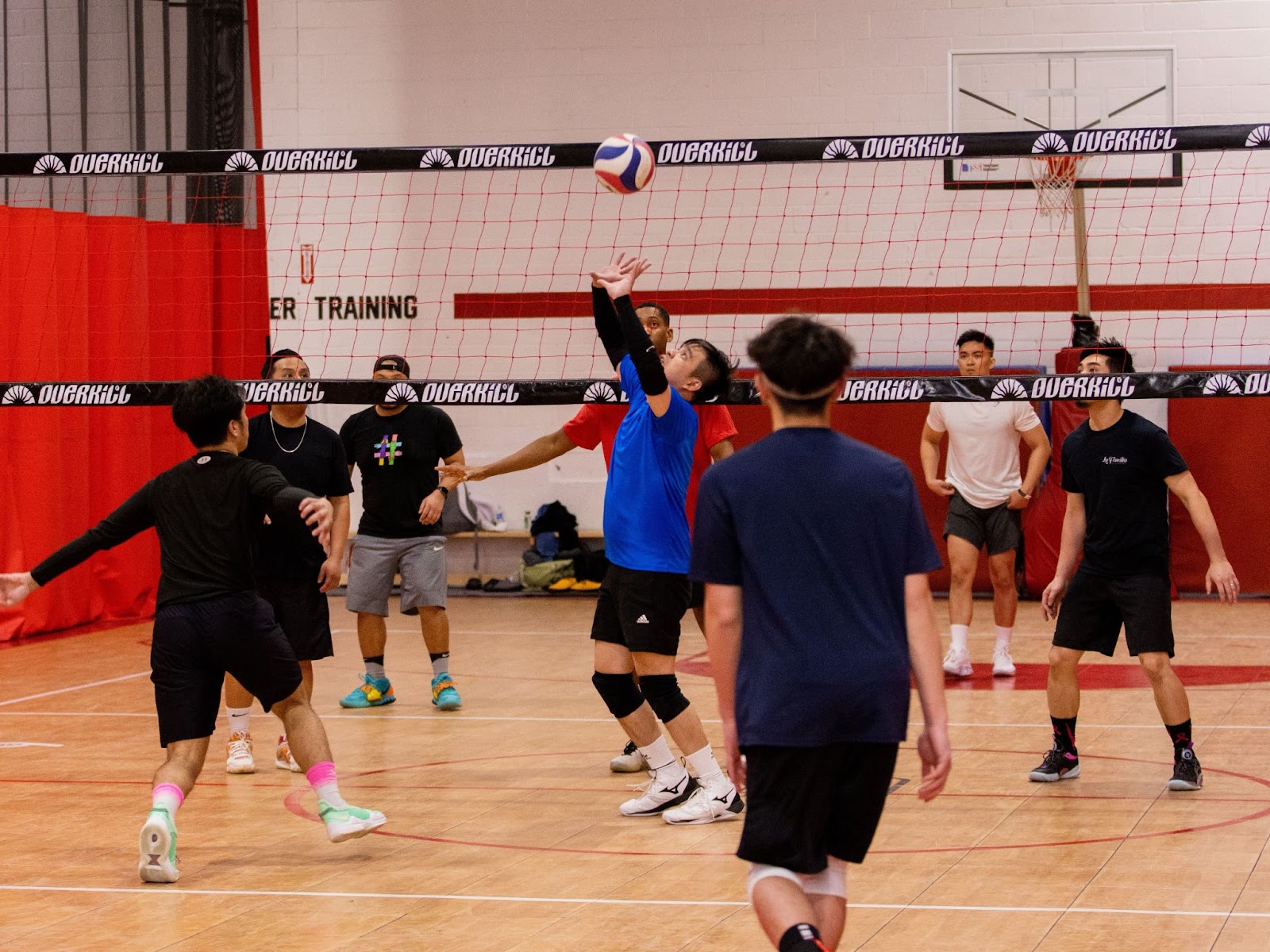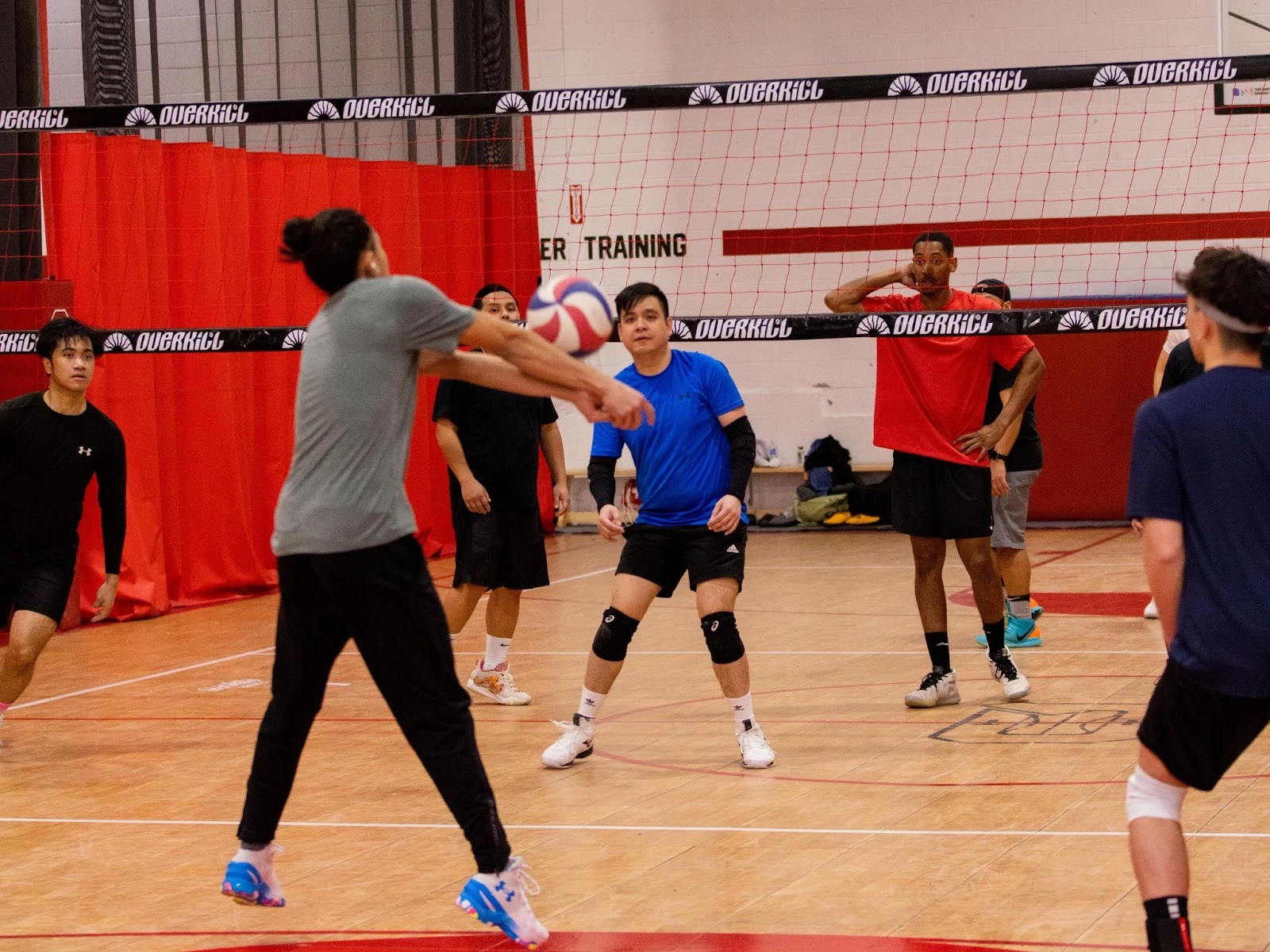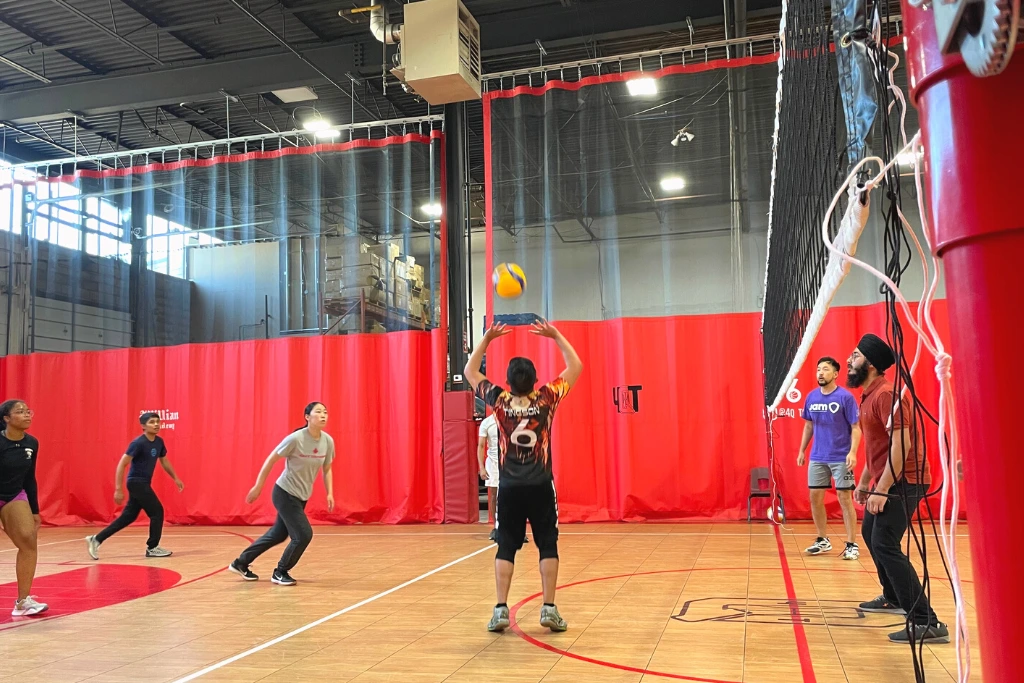
In the journey of any volleyball player, from beginner to advanced, plateaus are inevitable milestones where progress seems to halt, and improvement becomes a struggle. These periods can be frustrating and disheartening, casting doubts on one's ability and potential. However, with the right mindset and strategies, overcoming plateaus can become an opportunity for growth, innovation, and renewed motivation. This article delves into practical approaches to breaking through plateaus, ensuring continuous improvement and a reinvigorated passion for the game of volleyball.
A plateau in volleyball—or any sport—is a phase where an athlete's performance ceases to improve despite continued effort and practice. It's a complex phenomenon influenced by physical, psychological, and technical factors. Recognizing a plateau is the first step toward overcoming it. Symptoms might include stagnation in skill development, a lack of motivation, or a decrease in performance levels.
When faced with a plateau, take a step back to reassess your goals and expectations. It's crucial to set realistic, achievable objectives that motivate and guide your training. Consider breaking down long-term goals into smaller, more manageable milestones, providing a clear path forward and a sense of accomplishment as each is achieved.

A common cause of plateaus is a monotonous, unvaried training regimen. The body and mind adapt to the routine, reducing the effectiveness of practice over time. To overcome this:
Constructive feedback is invaluable for breaking through plateaus. Work closely with coaches, trainers, or experienced players to gain insights into your performance and areas for improvement. A fresh perspective can reveal unnoticed flaws in technique or strategy and provide new ideas for enhancing your game.
You can even use video analysis to help determine some of your weaker tendencies, as outlined in our article Here.

Mental resilience plays a significant role in overcoming plateaus. Developing a strong mental game can help you push through periods of stagnation with determination and positivity.
Overtraining can often lead to plateaus, where too much practice leads to physical and mental fatigue, hindering performance. Ensure your training schedule includes adequate rest and recovery time to prevent burnout and promote physical and mental rejuvenation.
Continued improvement in volleyball isn't limited to physical abilities; it also involves skill refinement and game intelligence.
Plateaus in volleyball presents both a challenge and an opportunity—an opportunity to reassess, innovate, and grow. By understanding the nature of plateaus, reassessing goals, diversifying training, seeking feedback, and maintaining mental resilience, players can overcome these periods of stagnation. Embracing plateaus as part of the journey allows players to develop a deeper, more nuanced understanding of the game and themselves as athletes. With the right approach, every plateau can become a stepping stone to higher levels of performance, passion, and enjoyment in the sport of volleyball.